15 Reasons Your Dog’s Bath Isn’t Eliminating the Smell
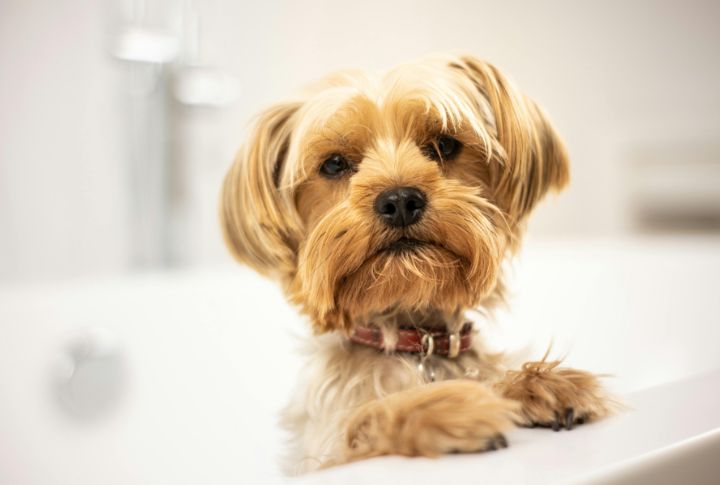
Do you constantly ask why your dog still stinks after a thorough bath? You may love everything about your dog except the occasional downright bad odor. While a shower can wash away surface coat dirt and grime, lingering smells can indicate underlying issues that baths alone can’t fix. We break down the common reasons behind the stubborn doggy smell and provide tips on how to address it.
Improper Bathing Techniques
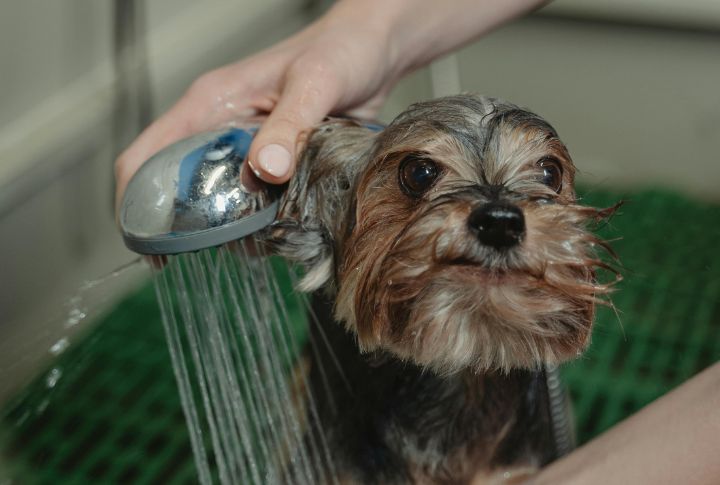
The lingering odor might be due to improper bathing techniques. Is the soap you’re using ideal for pets? Are you carefully brushing and rinsing their coat? Not doing these things right can make your dog smell bad. Consider using dog-specific conditioners at all times.
Skin Infections
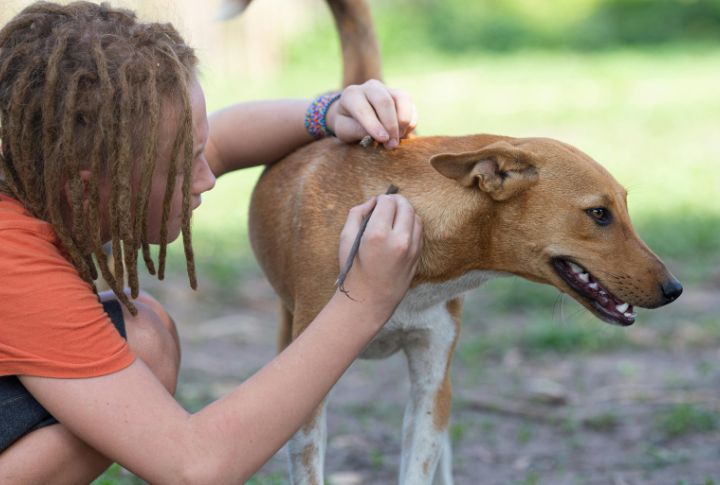
Certain skin conditions, such as yeast infections, dermatitis, or bacterial infections, can make your dog smell bad. These skin conditions produce strong odors as a result of inflammation or infection. Consult a vet doctor to treat the root cause of the persistent skin smell.
Ear Infections
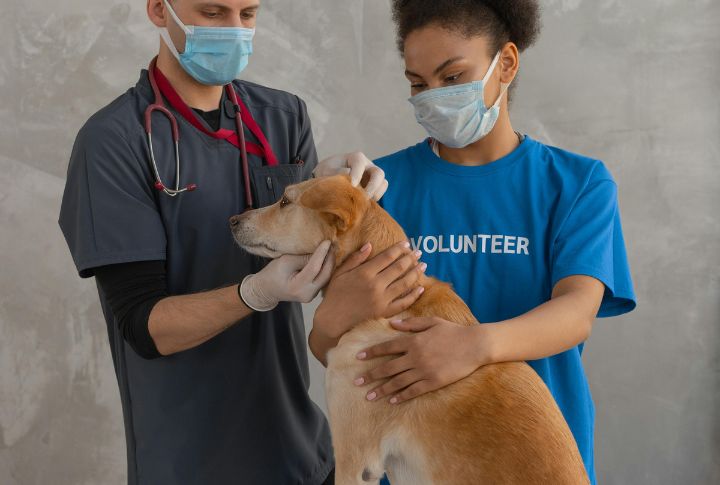
Dog breeds with floppy ears, like bloodhounds and cocker spaniels, are prone to ear infections. Bacteria and yeast can easily grow inside their ears because it’s mostly warm there. Be sure to clean their ears properly during the bath to keep them clean from wax and foul odor.
Oral Infections
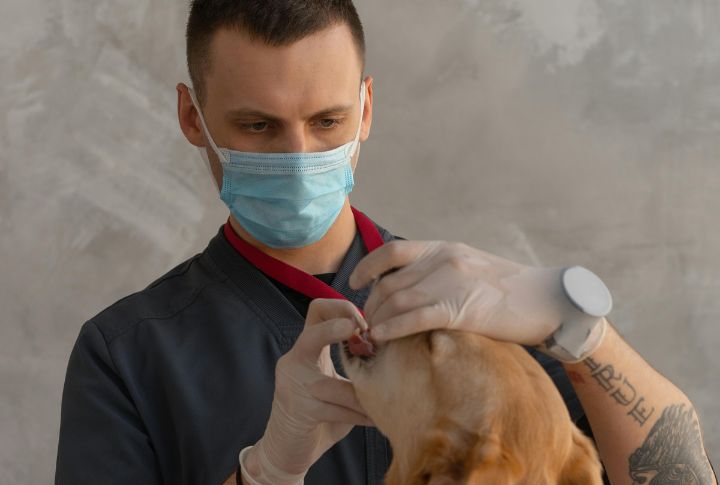
Are you noticing bad breath when playing with your dog? It could be that your dog has dental health issues such as gum disease or tartar buildup. If that is the case, the smell can be so bad it lingers after cleaning your dog. Treating these dental diseases and regular brushing will address the issue.
Smelly Spots Stench
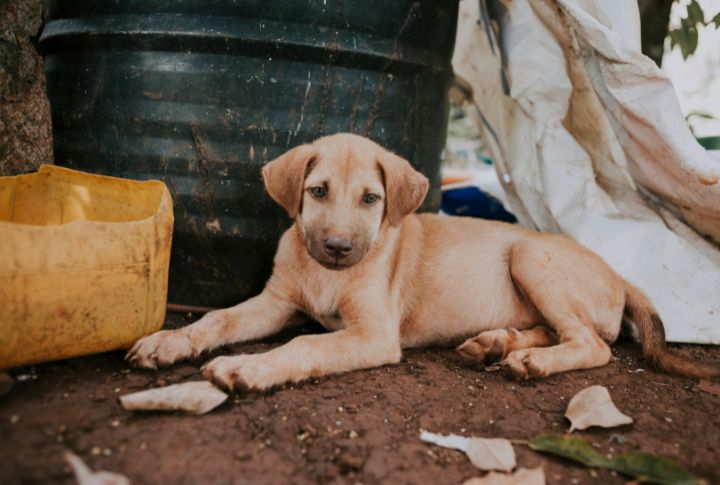
Dumps and garbage areas are spots where dogs may enjoy playing. These places contribute to why dogs stink and no matter how well you bathe your dog, they tend to still smell. Well, you can prevent this by watching your dog when they play outdoors. Always discourage them from returning to these areas.
Wet Dog Smell
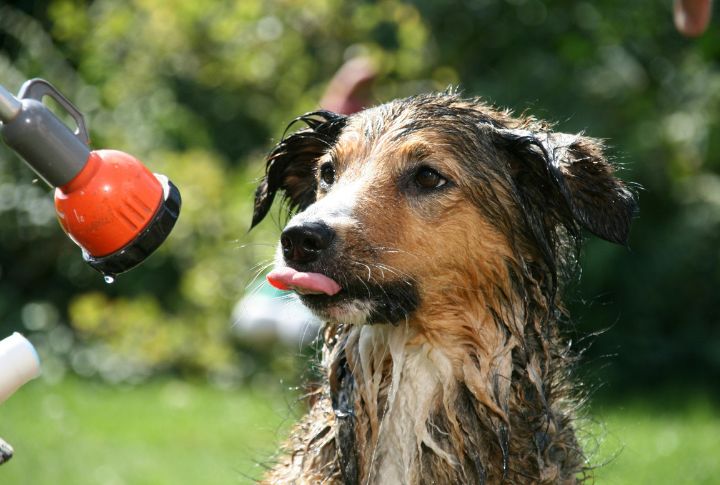
Dealing with your dog’s signature “wet dog smell” after bathing can be irritating. A dog’s body releases organic compounds that thrive when they shower or swim in water. These microorganisms get active and cause odor when dogs are wet. You should thoroughly dry your dog after a bath to reduce this smell.
Moisture in the Fur
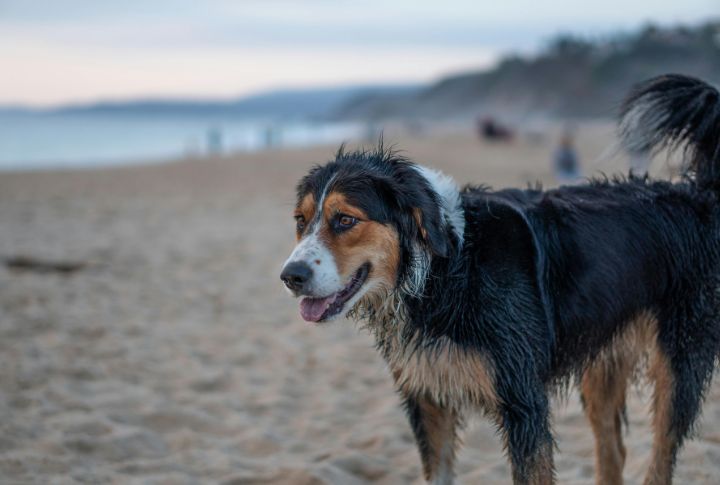
Mold and mildew can develop if your dog’s fur remains damp after a bath. Thick-coated dogs such as Akitas and Chow Chow may experience this issue. But you can address it by completely drying your dog using an absorbent towel and a blow dryer on a low setting for thicker-coated breeds.
Dog Allergies
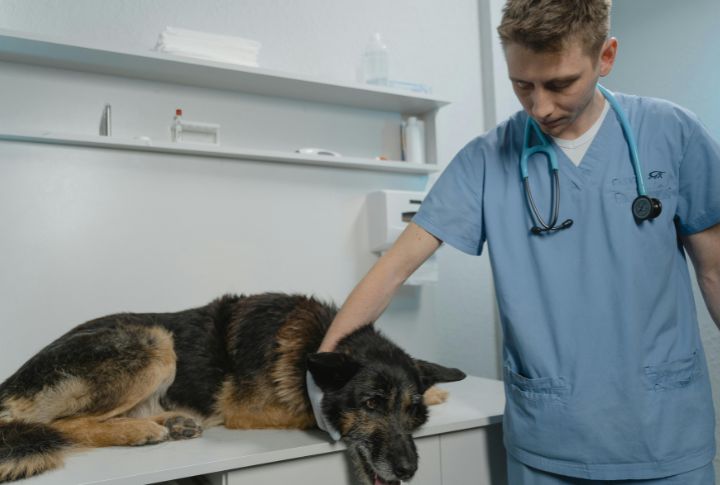
Some dog breeds are prone to certain allergies that cause bad odor. Your dog might have allergies if you notice symptoms such as itchiness, runny eyes, swelling, sneezing, or excessive shedding. Allergies are caused by dust or food, and if not addressed with proper care, your dog will have a stinky odor.
Poor-Quality Shampoo
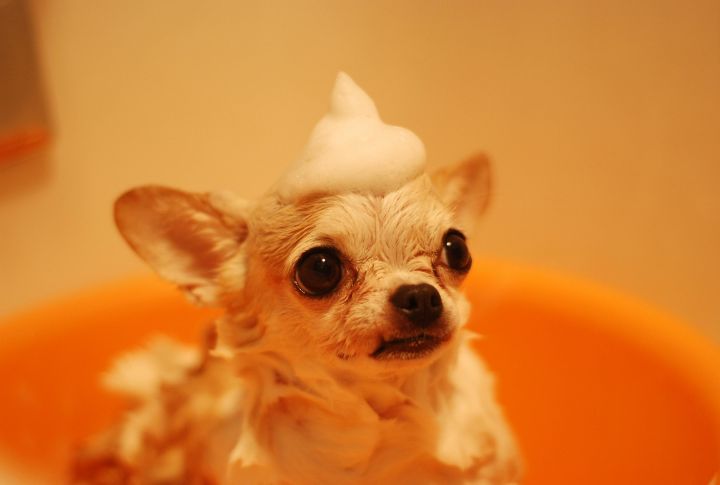
Persistent odor from your dog after bathing could result from poor-quality shampoo. Not all dog shampoos will effectively clean your dog’s coat or eliminate odors. In fact, some shampoos can mask smells rather than treat the underlying cause. Opt for high-quality and vet-recommended shampoos.
Periodontal Disease
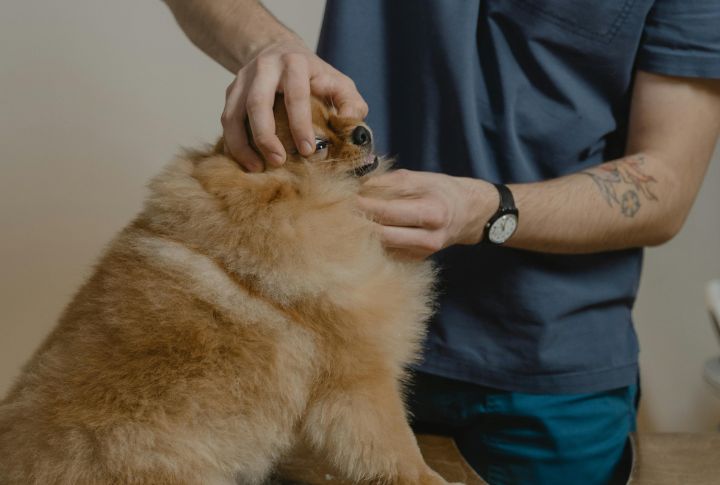
American Veterinary Medical Association (AVMA) found that most dogs experience periodontal disease after they’ve lived for three or more years. This refers to the inflammation and infection of the tissues around the dog’s teeth. It could be a root cause of the bad breath you perceive when your dog is close.
Underlying Health Issues
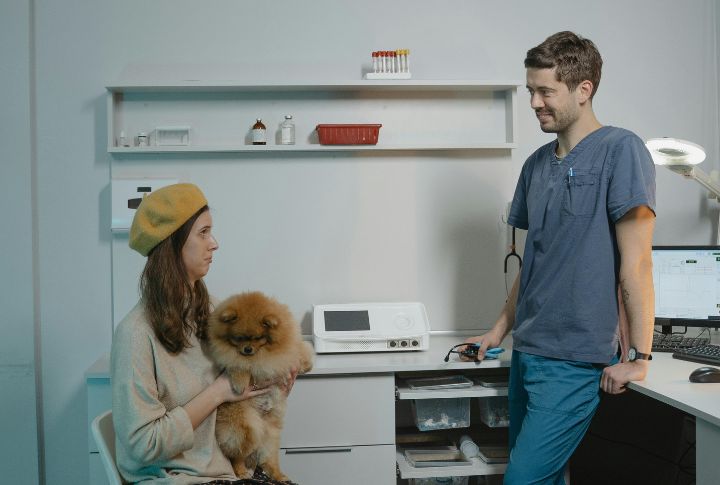
Bad odor in dogs often results from underlying health issues. These include metabolic disorders, hormonal imbalances, and even certain cancers. If your dog still smells bad despite baths and grooming, they might have health challenges.
Poor Quality Food
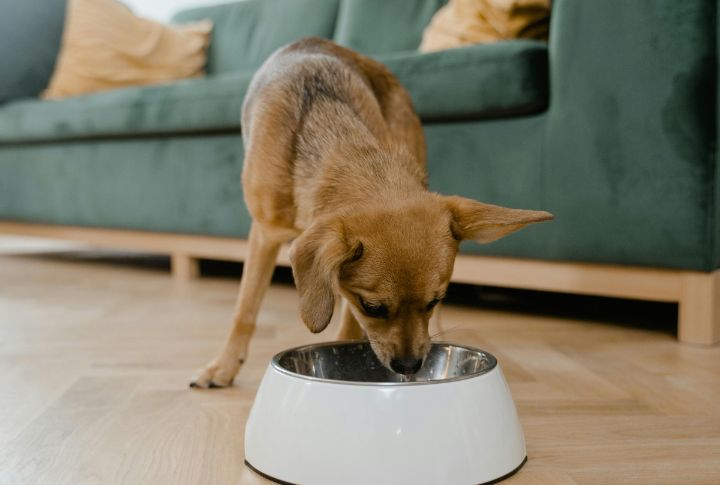
Feeding your dog poor-quality food may make them smell due to gut bacteria that leads to indigestion. This builds up gas in the digestive system, which makes dogs pass excessive gas. Avoid cutting costs on a dog’s diet and buy quality food as recommended by your vet.
Coat Type
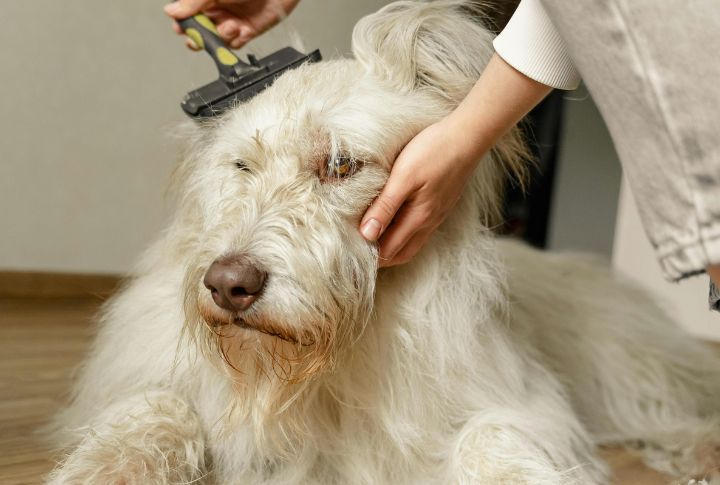
Certain breeds with oily coats, such as retrievers or hounds, may retain odors more easily than dogs with lighter coats. These oils are necessary to protect the skin but can cause an increased smell if not properly managed with baths and grooming. You may need to cut down on regular bathing for specific breeds.
Old Age
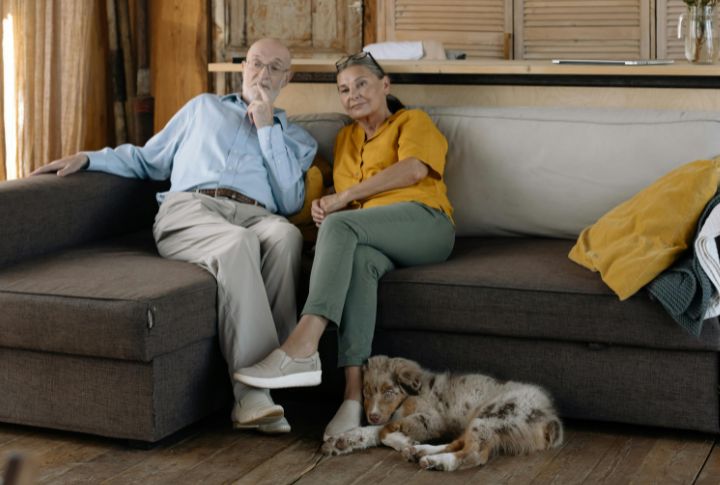
As dogs get older, their skin and coat experience changes, which can lead to unwanted odors. Aging dogs may have decreased grooming abilities, oilier skin, or underlying medical conditions that can contribute to a lingering smell. Regular vet visits and grooming sessions will help manage this.
Environmental Factors
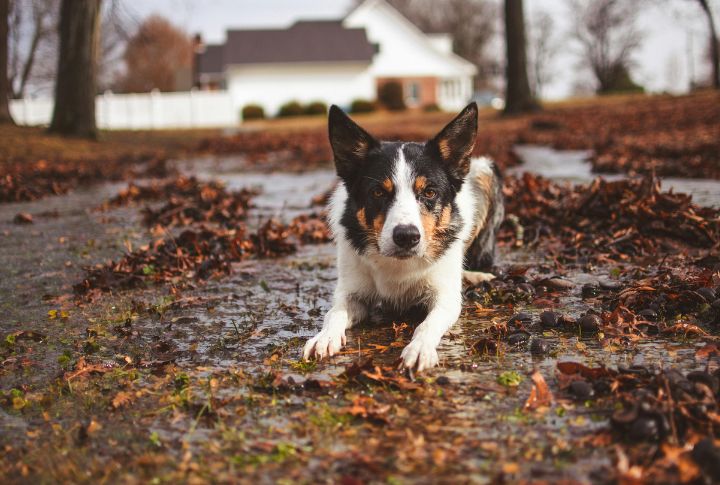
Your dog may still smell after a bath due to environmental factors. Dirt and pollution from the surroundings can cling to your dog’s coat and cause it to smell even after it has been washed. After walking your dog, take the time to wipe their fur and other body parts to keep them clean.





